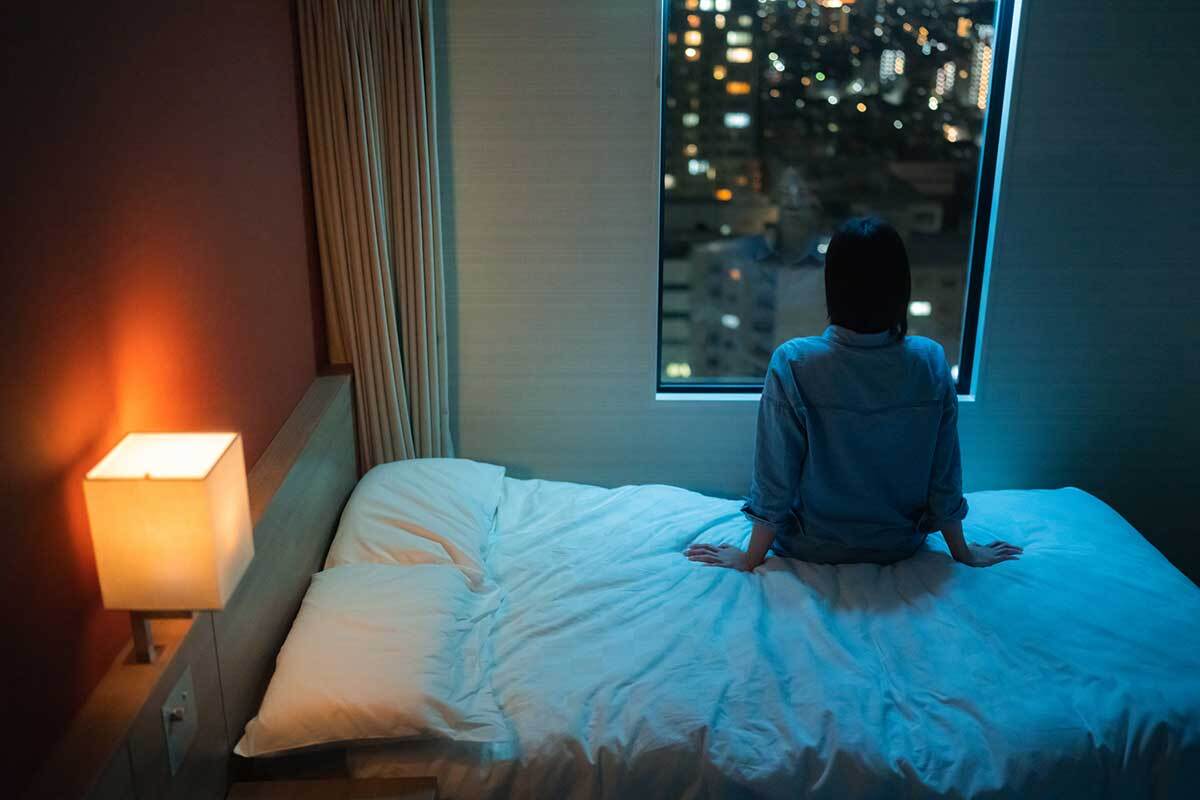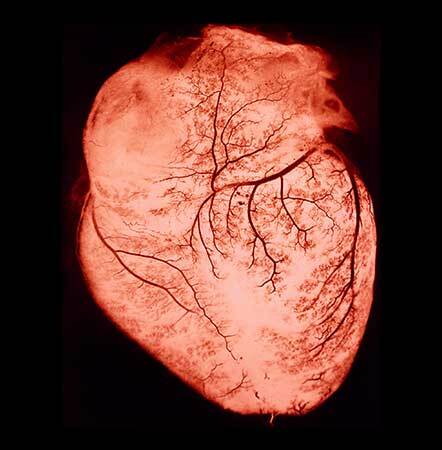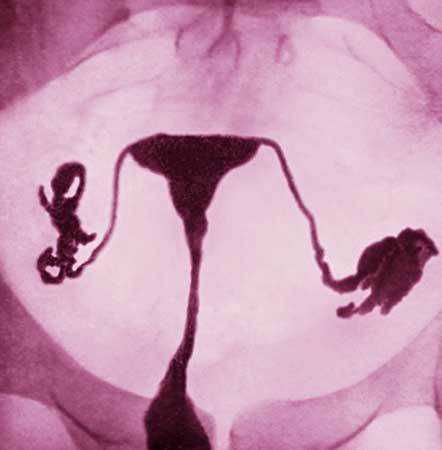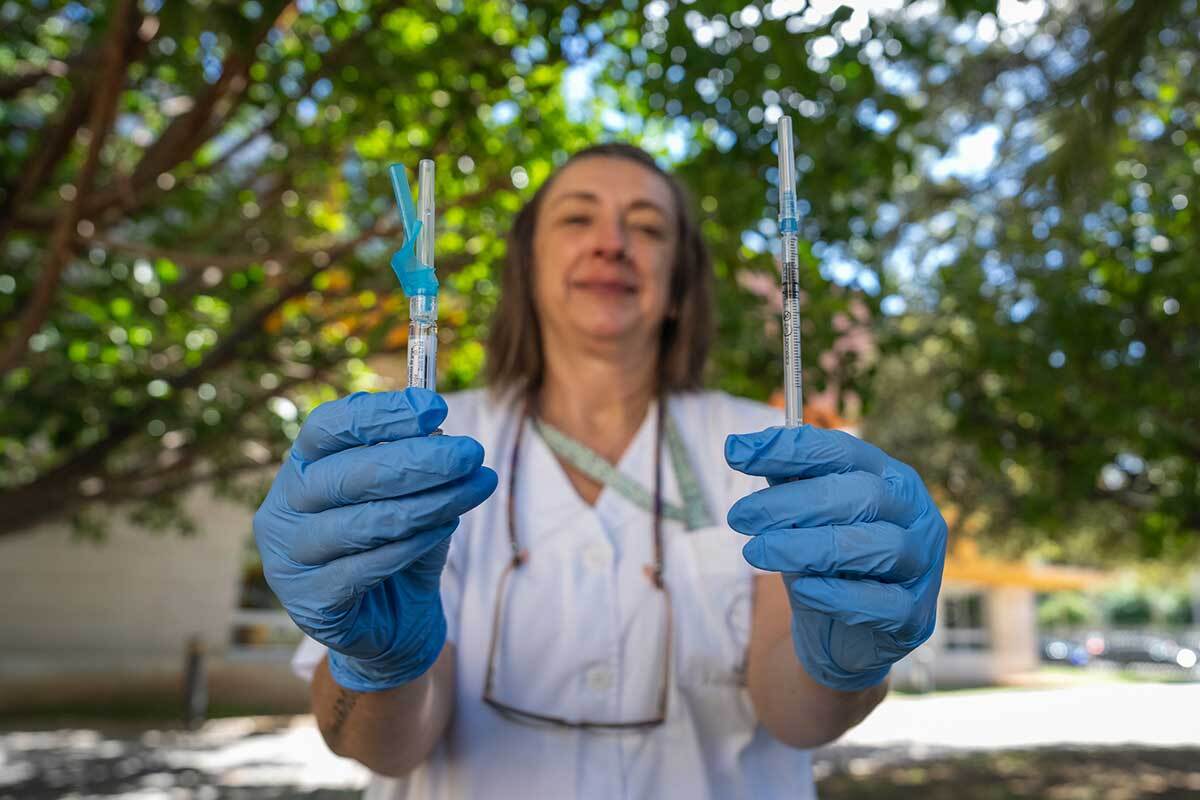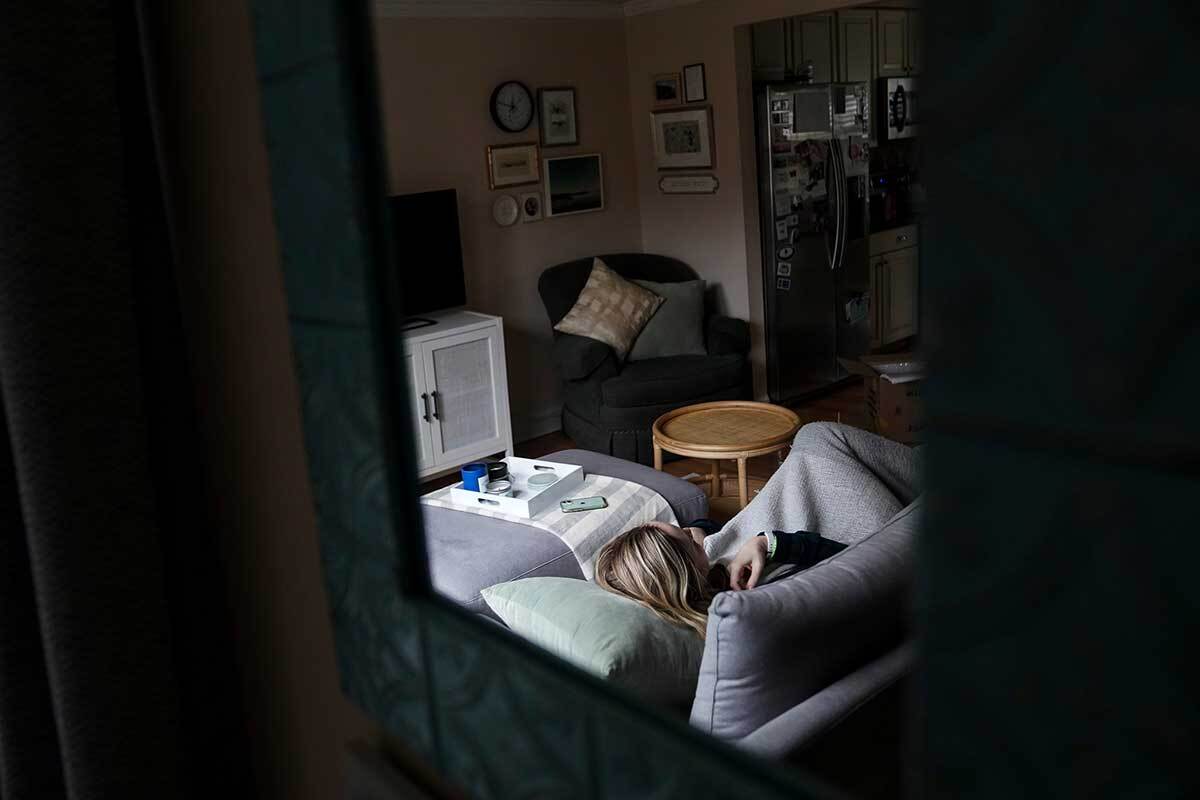Wednesday, November 29
Monday, November 20
Fwd: Covid Special Report
Good and scary info that we should all be aware of. Get the booster shots asap. Stay healthy! 👍🏼👍🏼
---------- Forwarded message ---------
From: National Geographic <ng@email.nationalgeographic.com>
Date: Wed, Nov 15, 2023 at 3:25 PM
Subject: COVID SPECIAL REPORT: How this virus attacks your body
Date: Wed, Nov 15, 2023 at 3:25 PM
Subject: COVID SPECIAL REPORT: How this virus attacks your body
The latest science on how COVID affects your sleep, your heart, and your nervous system
|
|
|
|
|
|
|
|
|
|
|
|
Tuesday, November 14
How to be prepared while hiking — Dog watches over missing hiker’s body for 2 months in Colorado mountains, rescuers say - Miami Herald
See excerpts further below 👇🏼 for good advice on hiking prep.
Dog watches over missing hiker's body for 2 months in Colorado mountains, rescuers say - Miami Herald
https://apple.news/A8EsJ46kwSv-zgevW0SyHEQ
https://apple.news/A8EsJ46kwSv-zgevW0SyHEQ
How to be prepared while hiking
If you're planning to hike, the National Park Service says there are 10 essentials you should take:
If you're planning to hike, the National Park Service says there are 10 essentials you should take:
Navigation: Pack a map, compass and a GPS system. Make sure you study your route beforehand and understand how to use the tools.
Sun protection: Sunglasses, sunscreen and a hat can help protect your skin and eyes from UV rays.
Insulation: A jacket, hat, gloves, raincoat and thermal underwear can help you be prepared for rapidly changing weather conditions.
Illumination: A flashlight, lantern and headlamp can create light if you get stuck in the dark — and don't forget to pack extra batteries.
First-aid supplies: It's a good idea to have a first-aid kit on hand while hiking. Check the expiration date on items before you pack them.
Fire: Matches and a lighter can help start fire to act as an emergency signal in times of need.
Repair kit and tools: Duct tape, a knife, screwdriver and scissors can be helpful if items break during your hike or you need assistance.
Nutrition: You should pack an extra day's worth of food in case something goes wrong. Park officials recommend having "salty and easy to digest snacks."
Hydration: You should drink water often and before you feel thirsty if you're hiking in hot weather. Keeping your body hydrated is "of utmost importance," park officials said.
Emergency shelter: Packing a tent, space blanket, tarp and bivy can help you be prepared if severe weather breaks out or your plan takes a turn.
How to deal with bears
Great advice about how to deal with bears 🐻 — see below. They can be very dangerous ⚠️
Black bear smells take-out food on Florida home's front step — and takes it, video shows - Miami Herald
https://apple.news/Ap_zIU22tRn6x7Pauuhx2bQ
https://apple.news/Ap_zIU22tRn6x7Pauuhx2bQ
What to do if you see a bear
Bear attacks in the U.S. are rare, according to the National Park Service. In most attacks, bears are trying to defend their food, cubs or space.
There are steps people can take to help prevent a bear encounter from becoming a bear attack.
Bear attacks in the U.S. are rare, according to the National Park Service. In most attacks, bears are trying to defend their food, cubs or space.
There are steps people can take to help prevent a bear encounter from becoming a bear attack.
Identify yourself: Talk calmly and slowly wave your arms. This can help the bear realize you're a human and nonthreatening.
Stay calm: Bears usually don't want to attack; they want to be left alone. Talk slowly and with a low voice to the bear.
Don't scream: Screaming could trigger an attack.
Pick up small children: Don't let kids run away from the bear. It could think they're small prey.
Hike in groups: A group is noisier and smellier, the National Park Service said. Bears like to keep their distance from groups of people.
Make yourself look big: Move to higher ground and stand tall. Don't make any sudden movements.
Don't drop your bag: A bag on your back can keep a bear from accessing food, and it can provide protection.
Walk away slowly: Move sideways so you appear less threatening to the bear. This also lets you keep an eye out.
Again, don't run: Bears will chase you, just like a dog would.
Don't climb trees: Grizzlies and black bears can also climb.
Subscribe to:
Posts (Atom)

